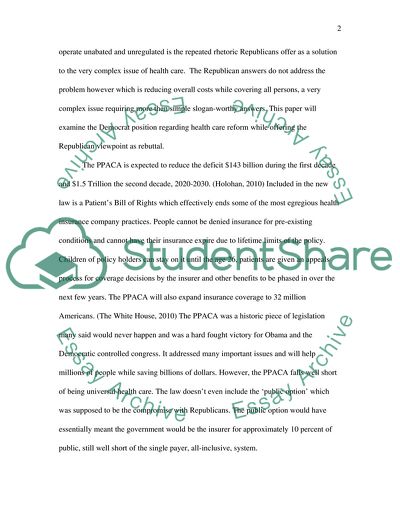Cite this document
(The Rationale For Universal Healthcare Essay Example | Topics and Well Written Essays - 1750 words, n.d.)
The Rationale For Universal Healthcare Essay Example | Topics and Well Written Essays - 1750 words. https://studentshare.org/health-sciences-medicine/1573693-support-a-side-on-health-care
The Rationale For Universal Healthcare Essay Example | Topics and Well Written Essays - 1750 words. https://studentshare.org/health-sciences-medicine/1573693-support-a-side-on-health-care
(The Rationale For Universal Healthcare Essay Example | Topics and Well Written Essays - 1750 Words)
The Rationale For Universal Healthcare Essay Example | Topics and Well Written Essays - 1750 Words. https://studentshare.org/health-sciences-medicine/1573693-support-a-side-on-health-care.
The Rationale For Universal Healthcare Essay Example | Topics and Well Written Essays - 1750 Words. https://studentshare.org/health-sciences-medicine/1573693-support-a-side-on-health-care.
“The Rationale For Universal Healthcare Essay Example | Topics and Well Written Essays - 1750 Words”. https://studentshare.org/health-sciences-medicine/1573693-support-a-side-on-health-care.


